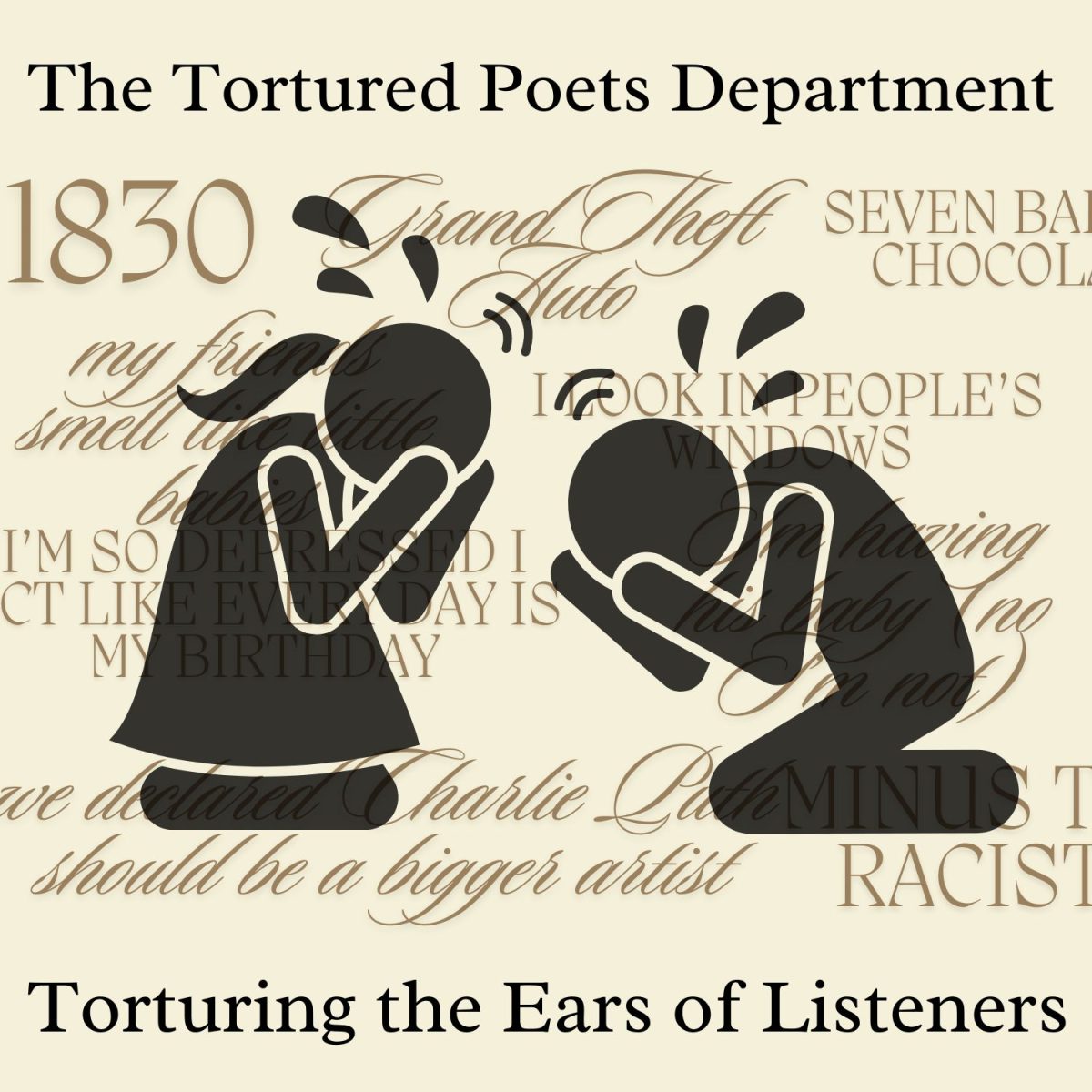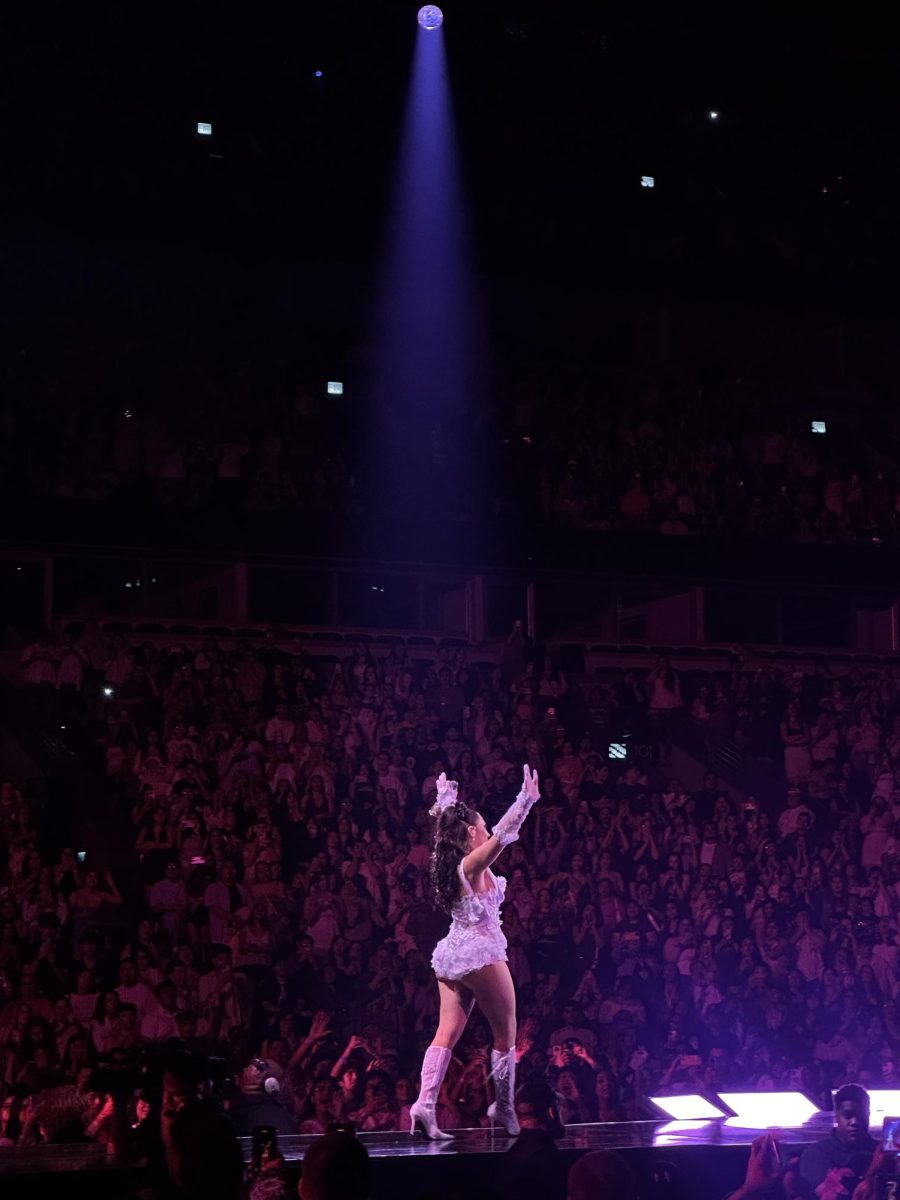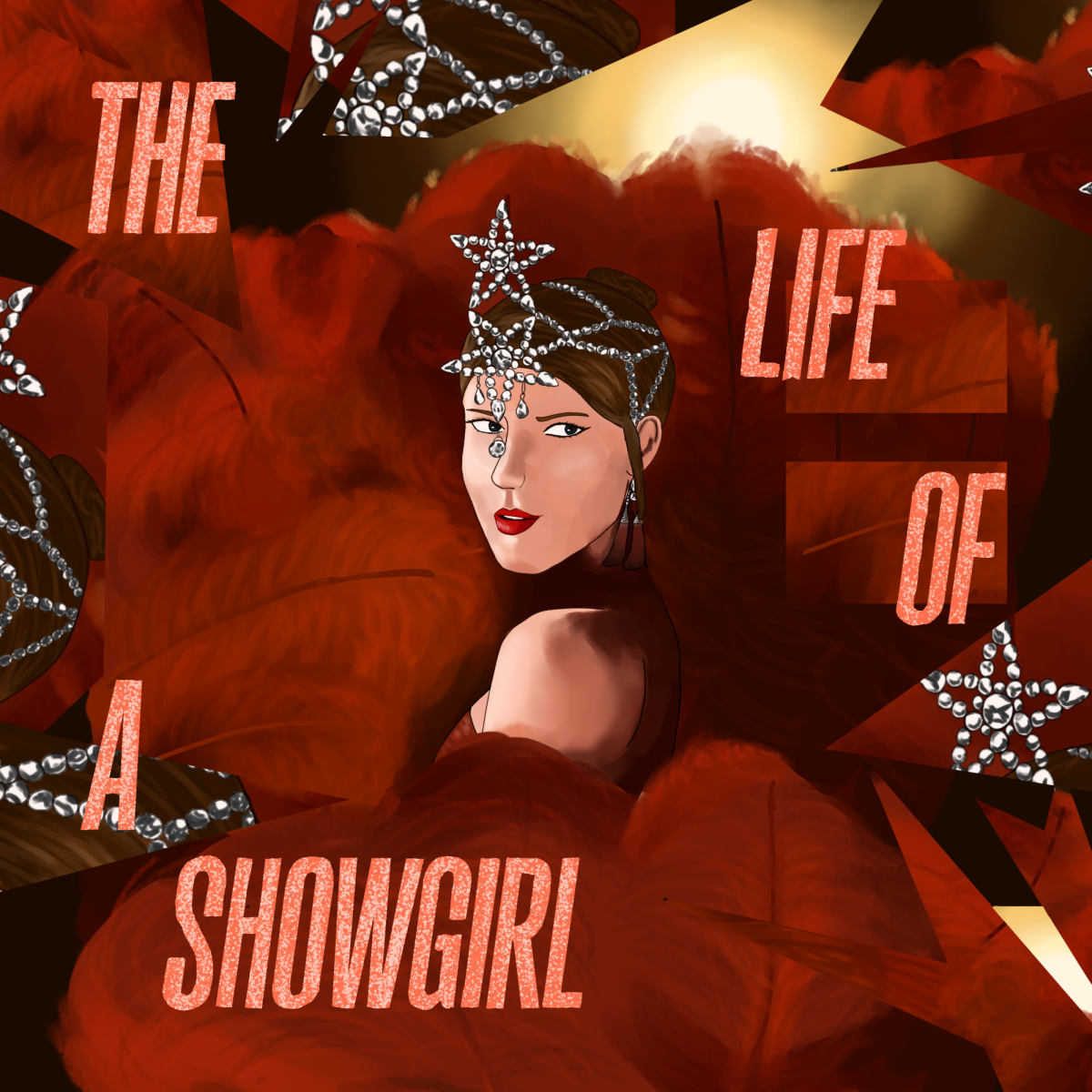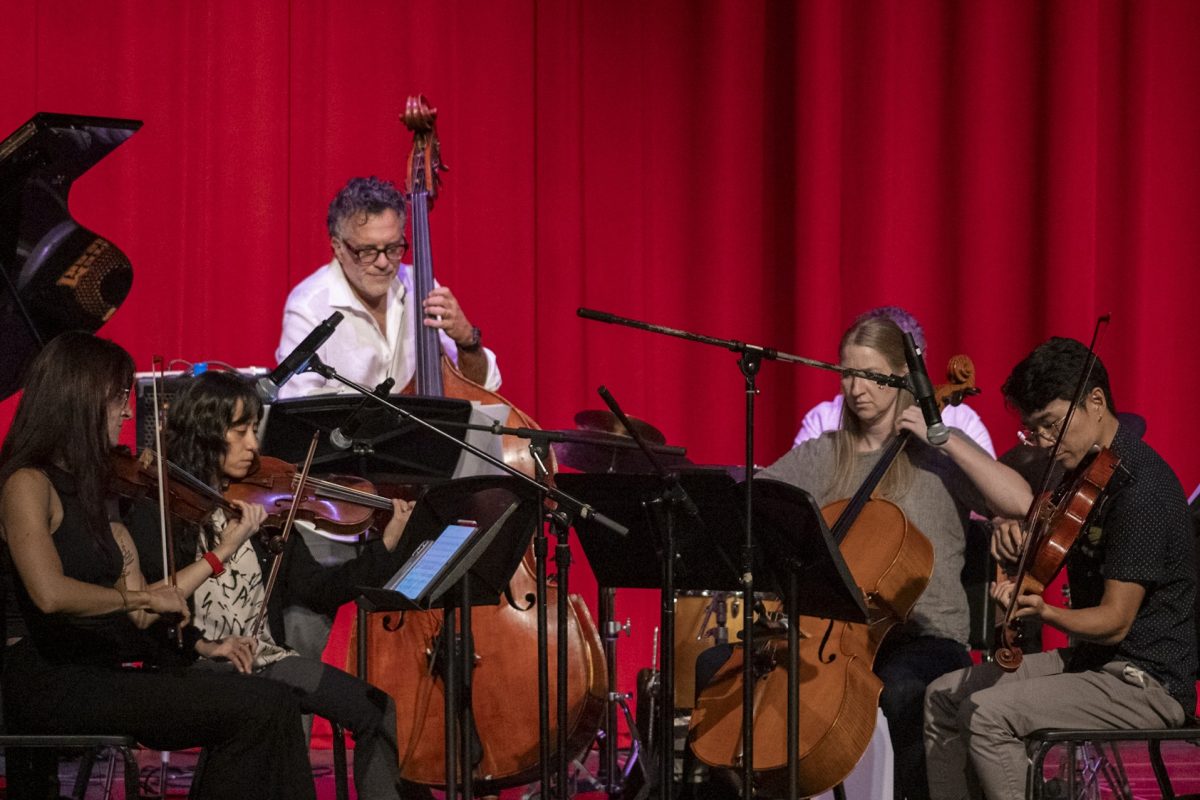On Friday, April 19, singer/songwriter Taylor Swift released her 11th studio album “The Tortured Poet’s Department,” containing 16 tracks. At 2 a.m., this release was followed by an additional 15 tracks under the name “The Tortured Poet’s Department: The Anthology,” leaving a whopping 31 new tracks in total for fans to dissect.
As a major Swift fan myself, I had high hopes for this album, especially because of the way it was marketed. The name alone, “The Tortured Poet’s Department,” created the impression that Swift would be leaning back into her deep-cutting lyricism found in her most poetic 2020 sister albums “Folklore” and “Evermore.” The teaser clips, lyrics, and photographs released by Swift established the idea that the album would be full of these similar hard-hitting lyrics.
Unfortunately, the album failed to live up to the image Swift was advertising.
For an album literally titled “The Tortured Poet’s Department,” you would hope the songs would have lyrics that are thought-provoking and poetic, not songs that feel ill-conceived and surface-level.
Listening to this album is comparable only to walking through a minefield, with every other track blowing up in your face due to incongruence of lyricism, production, and the general concepts of the songs. There are so many tracks on this album that are indistinguishable from one another and feel perfunctory at best. There’s a fine line between unique, artistic choices and an undeniable corniness on which this album dances throughout the 31 track release.
Swift’s fans, myself included, have spent the past few years hyping up her capability of profound lyricism. With the releases of “Folklore” and “Evermore,” Swift displayed songs full of emotionally charged and well-written lyrics. I firmly believe these two albums exhibit exceptional lyricism on Swift’s part, and set the bar for what “The Tortured Poet’s Department” should’ve been. It seems that because Swift received so much praise for her work on her 2020 albums, she’s either trying way too hard to incorporate cryptic lyrics into her songs in order to uphold her given title as an excellent lyricist, or she’s just getting lazy. There are so many tracks in this album that feel more like Swift inserted half-baked thoughts that seem poetic enough and overlaid a melody and excessive synth pop productions on top of them. It feels like Swift’s definition of what makes a lyric poetic lie somewhere between incorporating obscure references or words that prompt a Google search on their definitions after listening to the song. “God save the most judgmental creeps/Who say they want what’s best for me/Sanctimoniously performing soliloquies I’ll never see,” sings Swift in track six “But Daddy I Love Him.”
A majority of the songs on this album seem as if their lyrics and sound are in a constant battle. What makes a good song is not solely lyricism, and not solely musical aspects, it’s the cohesion of the two. It seems like Swift focused too hard on creating songs that have meaningful lyrics, and didn’t pay enough attention to making them sound like great pieces of music that you’d listen to leisurely.
To be clear, I don’t despise the album in its entirety. There were songs on this album that I thoroughly enjoyed and found to be successful. Surprisingly, my favorite songs were not stand-out in terms of lyricism as I had been looking forward to; they were excellent because of the cohesiveness between the musical aspects of the tracks and their lyrics. The album’s lead single and opening track, “Fortnight” featuring Post Malone, is a great example of this. I fell in love with the instrumentation and production of this track immediately. It’s sleepy, haunting, and extremely catchy. The lyrics don’t fight the production for the spotlight and fit right in to create a compatible piece.
Other songs on the album such as “Guilty as Sin?” “The Albatross,” “The Prophecy” and “The Bolter” were fresh, cohesive, and simple, similar to “Fortnight.” Swift doesn’t appear to be trying too hard to create lyrics that are overly cryptic, and the instrumentation and production of the songs are unique and catchy. Among songs in the album that are difficult to differentiate from one another, tracks like these were charming, genuine, and felt like a breath of fresh air from other songs that felt stale in comparison.
To put it simply, the album was too long and too redundant. Swift needed to consolidate her 31 tracks into less songs that are of higher quality.
This album made it clear that Swift may need a bit of a break. 2023 was a major year for her, breaking massive records with her Eras Tour, releasing two re-recorded albums, winning Time’s “Person of the Year” and facing many changes in her relationship status. While the media understandably praises her for being practically superhuman with what she’s accomplished, this album proved that she can’t do it all perfectly.
Prior to releasing the album, Swift had expressed that this album was a work of self-expression.
“It was really a lifeline for me, just the things I was going through and the things I was writing about” said Swift to fans at a stop in her Eras Tour in Melbourne, Australia. “I’ve never had an album where I needed songwriting more than I needed it on Tortured Poets.”
This album is less of a polished, put-together album than any of Swift’s previous releases because it was the most personal. It’s not necessarily about creating perfect, likable art, but a way of expressing the wide range of emotions that Swift has endured while she rose to unprecedented levels of stardom in the past year. This is made clear by track 13 on the album, “I Can Do It With a Broken Heart.” The song directly addresses Swift’s successes in the past year and the pain she was experiencing in the background. “All the pieces of me shattered as the crowd was chanting, ‘More,’” sang Swift. “I was grinning like I’m winning, I was hitting my marks/ ‘Cause I can do it with a broken heart.”
I can respect this album as a project of self-expression for Swift and a way for her to verbalize her struggles, but not necessarily from a standpoint of objective quality of songwriting and music production, which is why I’m disappointed. I know Swift is capable of creating great music, so I look forward to her next release that offers more to listeners.










